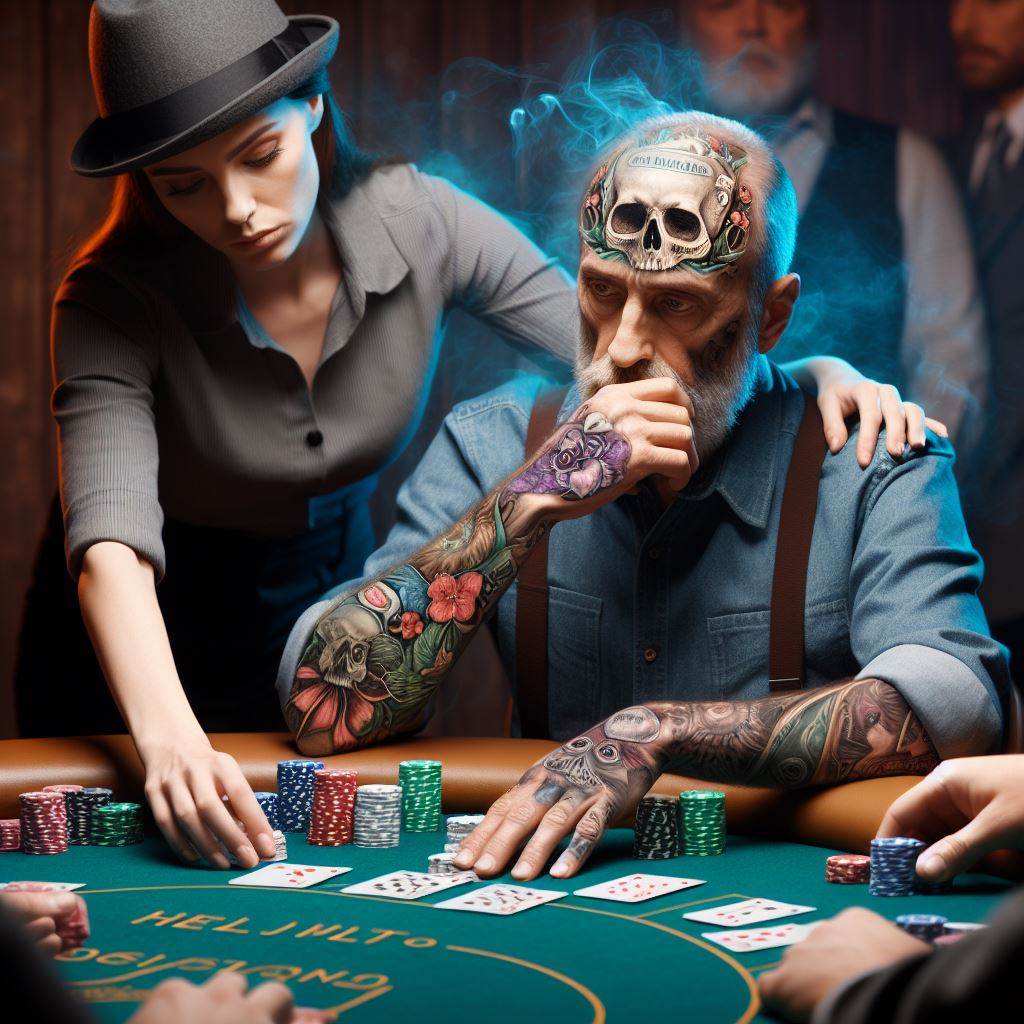From Rookie to Pro: Navigating the World of Casino Poker
Entering the world of casino poker can be both exhilarating and intimidating for rookies. The allure of the green felt, the clinking of chips, and the thrill of competition draw players from all walks of life. However, mastering the game and transitioning from a rookie to a seasoned pro requires dedication, discipline, and a willingness to learn from both successes and failures. This article serves as a guide for aspiring players, offering insights and strategies to navigate the world of casino poker and embark on the journey from rookie to pro.
Understanding the Basics
Before diving into the complexities of casino poker, rookies must first understand the basic rules and mechanics of the game. Poker is a game of skill, strategy, and psychology, where players compete to make the best five-card hand and outsmart their opponents. Familiarize yourself with hand rankings, betting structures, and common poker terminology to lay a solid foundation for your journey.
Starting Small
Every poker pro started as a rookie, and success is built on gradual progression and incremental improvement. Begin your journey by playing at low-stakes tables or in friendly home games where the risk is minimal. Use this time to gain experience, refine your skills, and develop your own unique playing style without risking significant financial losses.
Learning from Experience
Experience is the best teacher in the world of casino poker. Embrace every hand as an opportunity to learn and improve, regardless of the outcome. Analyze your play, identify areas for improvement, and adapt your strategies accordingly. Remember, even seasoned pros continue to learn and evolve their game over time.
Bankroll Management
Effective bankroll management is crucial for long-term success in poker. Your bankroll is your lifeline at the table, and managing it wisely can mean the difference between a thriving poker career and going bust. Set strict limits on how much you’re willing to risk, only play with funds you can afford to lose, and avoid chasing losses or playing with scared money.
Developing a Strategy
Poker is a game of strategy, and developing a solid game plan is essential for success. Experiment with different playing styles—whether it’s tight and aggressive, loose and passive, or somewhere in between—and find what works best for you. Adapt your strategy based on the dynamics of the table, your opponents’ tendencies, and the flow of the game.
Understanding Your Opponents
Successful poker players are adept at reading their opponents and exploiting their weaknesses. Pay attention to betting patterns, body language, and verbal cues to gain insights into your opponents’ hands and intentions. Use this information to make informed decisions and gain a strategic edge at the tabl
Managing Emotions
Emotional control is paramount in poker, where even the slightest tilt can lead to costly mistakes. . Avoid letting emotions cloud your judgment or influence your decisions, and stay disciplined in your approach to the game.
Continuous Learning
Poker is a dynamic and ever-evolving game, and continuous learning is essential for staying ahead of the competition. Stay informed about the latest strategies, trends, and developments in the world of poker through books, online forums, and discussions with fellow players. Surround yourself with like-minded individuals who share your passion for the game and are committed to improving their skills.
Conclusion
Embarking on the journey from rookie to pro in the world of casino poker is a challenging but rewarding endeavor. By understanding the basics, embracing experience, mastering bankroll management, developing a solid strategy, and continuously learning and adapting, aspiring players can navigate the complexities of the game and emerge as skilled and successful poker pros. Remember, poker is not just a game of cards.
Baca Juga: Reading the Table: Psychological Tactics in Casino Poker

